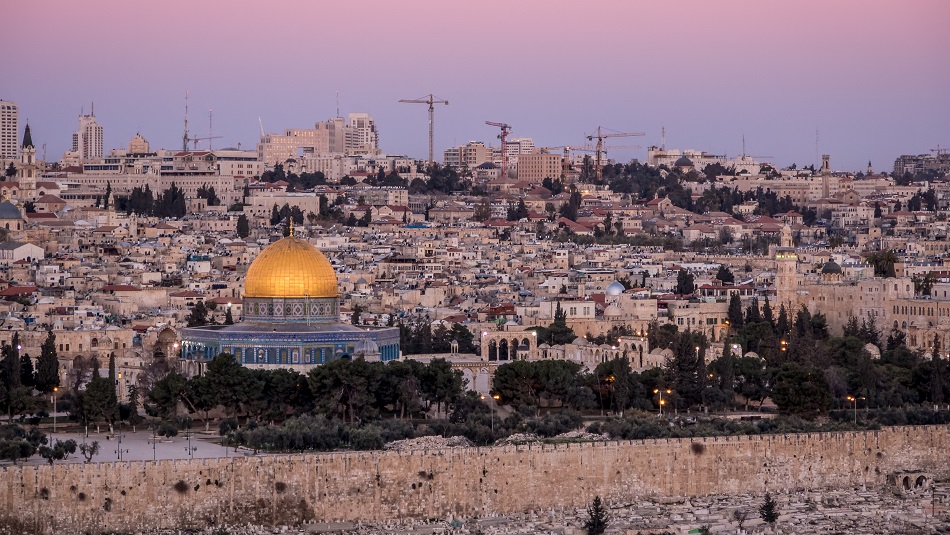
By Scott Bollens, professor of urban planning and public policy; Warmington chair in international peace and cooperation
In Western Europe and the U.S., nativism, nationalism, populism and anti-globalism are on the rise. Meanwhile, chauvinism and xenophobia are positioning the “other” -- whether that is an immigrant or a Muslim -- as threat to national solidarity and cohesion. Around the world, hostility among groups defined by ethnic, religious and nationalistic identity is increasing. As the globe urbanizes, cities in particular are emerging as testbeds of how to deal with these challenges. Governments at all levels -- international, national, regional and urban -- must develop policies that encourage groups to interact in more tolerable and accommodating ways. I will engage in intensive field research in problem areas, exploring how public policy making can accommodate nationalistic groups in major "flashpoint" urban regions in Syria, Iraq, Ukraine, Cyprus, Spain, Lebanon, Israel and Palestine, Northern Ireland, Bosnia-Herzegovina (former Yugoslavia) and South Africa. Studying polarized "flashpoint" cities in these areas helps make more visible problematic urban characteristics of inequality and inter-group conflict that hundreds of more “normal” cities throughout the world share, including in the United States.